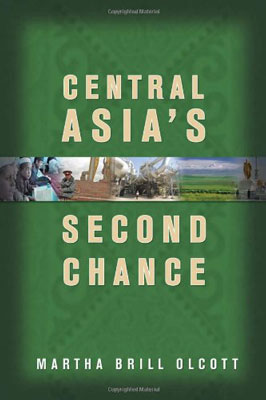Source: Washington
 2006 CHOICE Outstanding Academic Title
2006 CHOICE Outstanding Academic Title
A leading authority on Central Asia offers a sweeping review of the region’s path from independence to the post-9/11 world. The first decade of independence was disappointing for those who envisioned a straightforward transition from Soviet republics to independent states with market economies and democratic political systems. Leaders excused political failures by pointing to security risks, including the presence of terrorist training camps in Afghanistan.
The situation changed dramatically after 9/11: the camps were largely destroyed and the United States introduced a military presence. More importantly, the international community engaged with these states, to give them a "second chance" to address social and economic problems. But neither the aid-givers nor recipients were willing to approach problems in new ways. Now, terrorists groups are once again making their presence felt, and some states may be becoming global security risks. The book explores how the region squandered its second chance and what might happen next.
About the Author
Martha Brill Olcott, is senior associate in the Russian and Eurasian Program at the Carnegie Endowment. She specializes in the problems of transitions in Central Asia and the Caucasus as well as the security challenges in the Caspian region more generally. Recent publications include Kazakhstan: Unfulfilled Promise (Washington, DC: Carnegie Endowment for International Peace, 2002), Preventing New Afghanistans: A Regional Strategy for Reconstruction (Carnegie Endowment Policy Brief No. 11) and Getting It Wrong: Regional Cooperation and the Commonwealth of Independent States and Russia After Communism (Carnegie Endowment, 1999).
Advance Praise
"Olcott has established herself as one of the leading US experts on Central Asia."
—Journal of Peace Research





